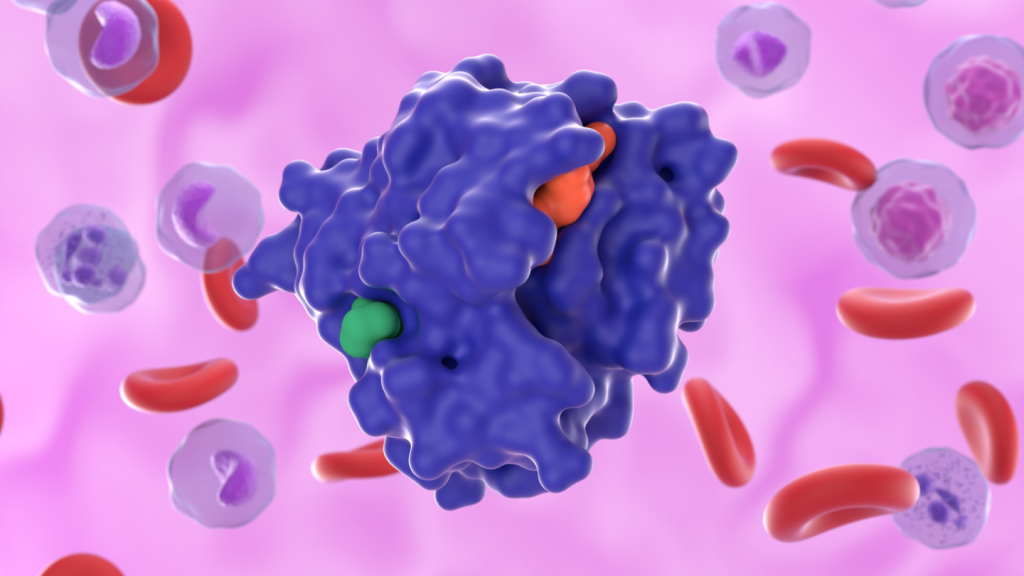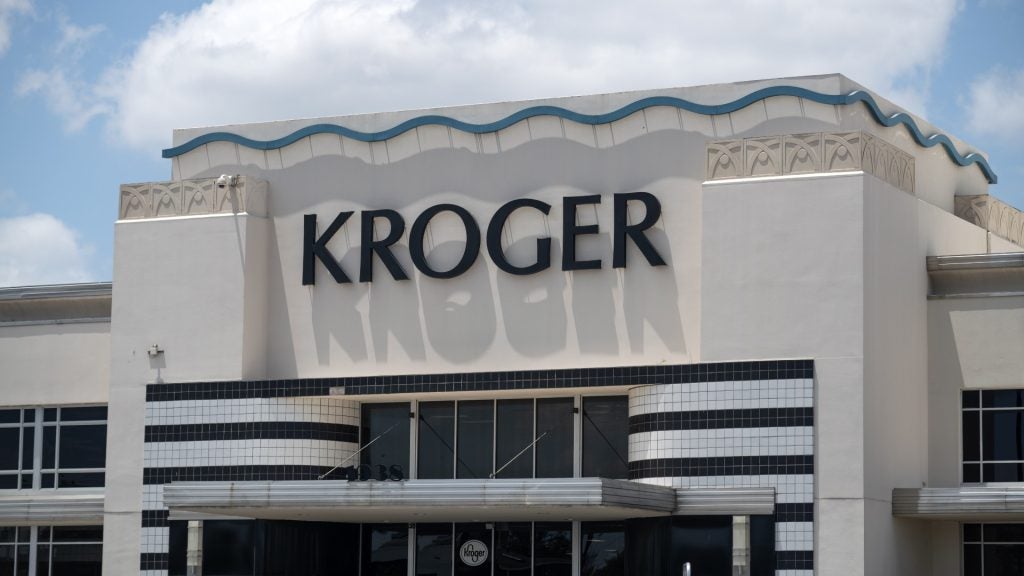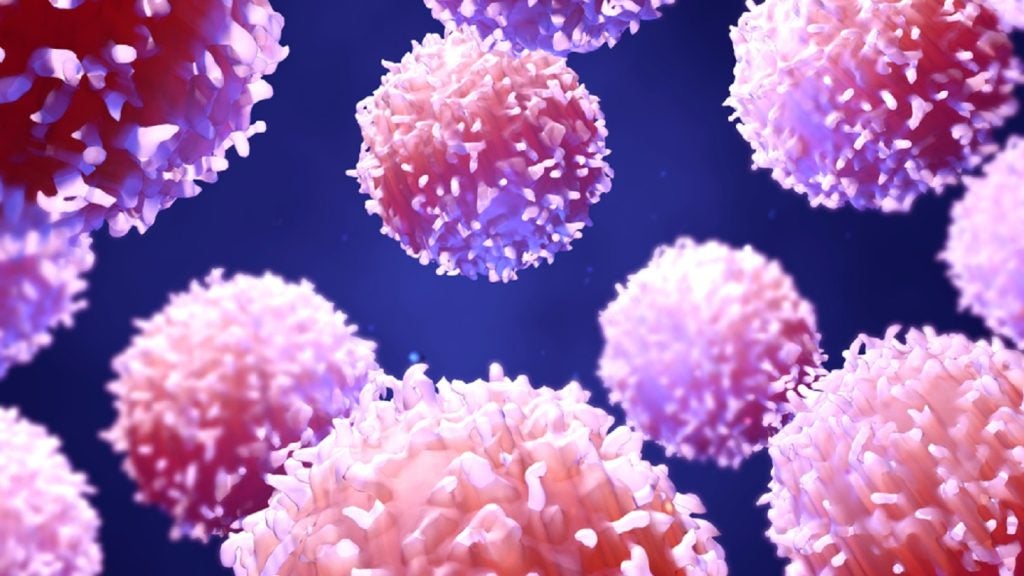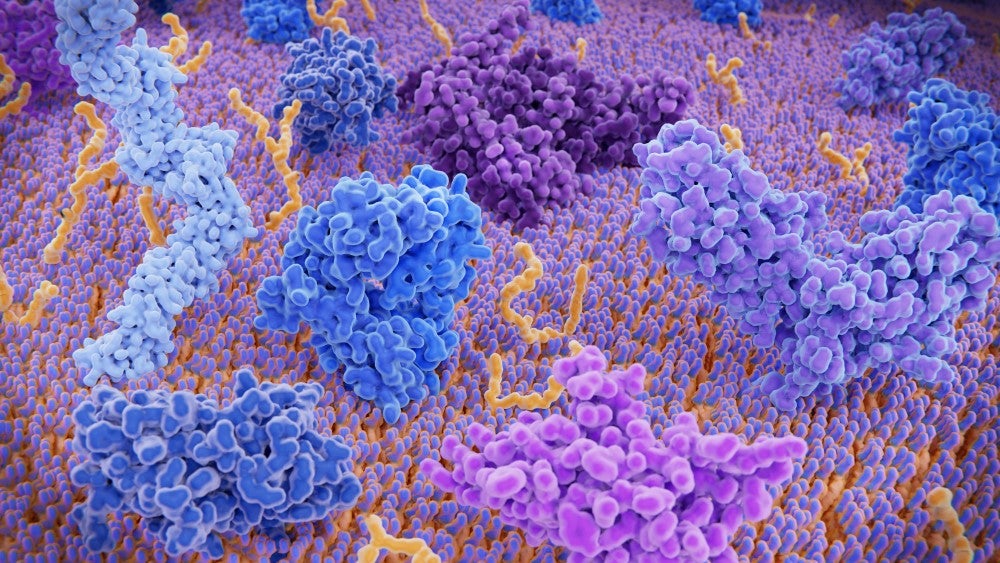Mirati Therapeutics has reported that Krazati demonstrated durable efficacy in a two-year follow-up from a Phase I/Ib and Phase II trial for patients with non-small cell lung cancer (NSCLC).
The San Diego-based company presented its two-year follow-up data from a pooled analysis of Phase I/IIb cohort and Phase II cohort A studies evaluating Krazati, also known as adagrasib, in patients with NSCLC with a KRASG12C mutation.
A confirmatory Phase III study evaluating Krazati versus docetaxel in previously treated patients with KRASG12C-mutated NSCLC is ongoing.
Krazati is still being evaluated as monotherapy, as well as a combination therapy with other anti-cancer therapies in patients with advanced KRASG12C-mutated solid tumours, including colorectal cancer and pancreatic cancer.
Results of the pooled analysis
Krazati demonstrated durable efficacy with a median overall survival (OS) of 14.1 months. Of the patient pool, 31% of patients with previously treated KRASG12C-mutated NSCLC had a two-year OS rate.
Krazati demonstrated a manageable long-term safety profile with low-grade treatment-related adverse events (TRAEs). No patients suffered hepatotoxicity within 30 days of prior immunotherapy. There was an overall low rate of grade >3 hepatoxicity.
Mirati's chief medical officer Dr Alan Sandler said: "This data reinforces the ability of Krazati to positively impact patients as a potential best-in-class option.
"Krazati offers a differentiated option for KRASG12C-mutated NSCLC as evidenced by its clinical activity in the CNS and ability to sequence Krazati immediately after prior immunotherapy.”
Regulatory approvals for Krazati
In June 2021, Krazati received breakthrough therapy designation from the US Food and Drug Administration (FDA) for patients with NSCLC with a KRASG12C mutation.
The new drug application (NDA) for this patient group was accepted after being submitted by the company in February 2022. Krazati also holds Fast Track and orphan drug designations from the FDA.
In May 2022, Mirati filed a marketing authorisation application (MAA) to the European Medicines Agency (EMA) for Krazati for patients with NSCLC with a KRASG12C mutation.
In December 2022, Krazati was added to the National Comprehensive Centre Network (NCCN) Guidelines for previously treated KRASG12C-mutated NSCLC. Krazati was then added to NCCN guidelines for CNS Cancers previously treated KRASG12C-mutated NSCLC and CNS metastases.
















